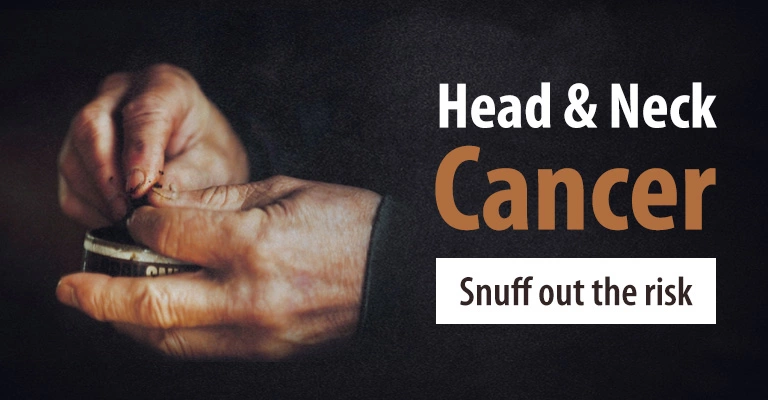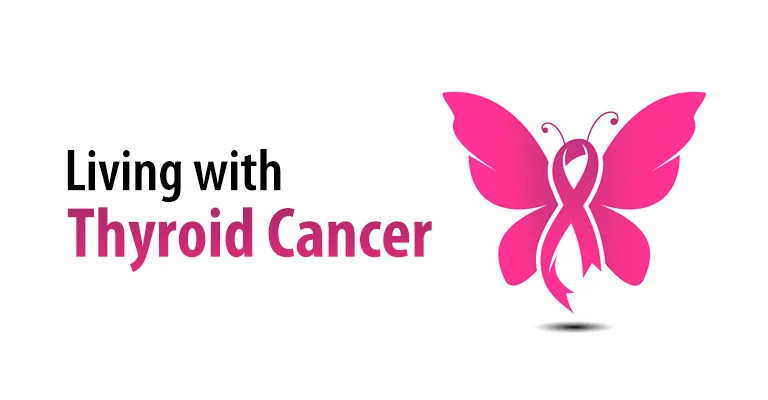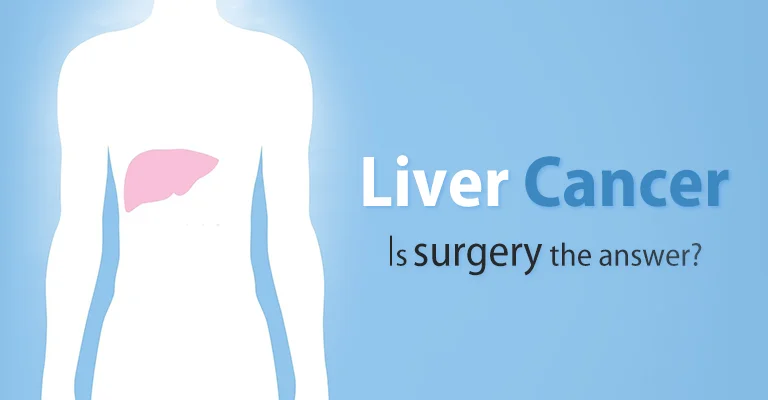
Bladder cancer is a quite common cancer type that starts in the cells of the bladder, a hollow organ in the lower abdomen that stores urine. The risk of bladder cancer rises as one gets older, and those diagnosed with the cancer are usually over 55. Men are certainly more prone to developing this cancer than women.
Bladder cancers are more often than not detected at an early stage and are highly treatable. The challenge is these cancers have a tendency to relapse, hence meticulous follow-up tests are absolutely imperative even after the treatment cycle is over.
What are the usual symptoms?
Some of the common signs and symptoms are:
- Hematuria or blood in the urine
- Increase in frequency of urination
- Sensation of pain while passing urine
- Pain in the back region
What are the different types of bladder cancer?
The type of bladder cancer is determined by the type of bladder cell where the cancer originates. The known types are:
- Urothelial carcinoma occurring in the cells that line the inside of the bladder
- Squamous cell carcinoma is linked to constant irritation in the bladder
- Adenocarcinoma, a rare form, starts in the cells constituting the mucus-secreting glands in the bladder
What are the known risk factors?
- Advanced age: The risk of this cancer increases with age
- Smoking: Smoking can cause toxic chemicals to accumulate in the urine, thus raising the risk of this cancer
- Male gender: Men are way more at risk than women to develop bladder cancer
- Harmful chemicals: Exposure to certain chemicals like arsenic and those used to make rubber, dyes, leather and textiles could also increase the risk
- Prior cancer treatment: Those who have received radiation treatment in the pelvic region or have been treated for cancer by a drug called cyclophosphamide, are at a heightened risk for this type of cancer.
- Recurrent UTIs, inflammation: Repeated urinary tract infections or inflammation caused by long-term use of a urinary catheter could increase the risk of squamous cell carcinoma
- Family or personal history of bladder cancer: You are at a higher risk if you or any of your blood relations have had bladder cancer before.
- Use of pioglitazone: A research by the USFDA in 2011 had cautioned that long-term use of an anti-diabetic medication, pioglitazone, could raise the risk of bladder cancer. This finding is not considered conclusive though.
- Lynch Syndrome: Lynch Syndrome or a form of hereditary colorectal cancer is also known to raise the risk of bladder cancer.
- Rb1: The risk of bladder cancer is even linked to the modification of Rb1, a retinoblastoma gene, which can cause eye cancer in infants
- Cowden disease: This is associated with another abnormal form of the gene PTEN and can elevate the risk of this cancer
- Not drinking enough fluids: Low fluids consumption can also raise the risk of bladder cancer since the bladder is then unable to flush out harmful chemicals
- Congenital defects: A birth defect involving the connection between the belly button and the bladder could also lead to this cancer in certain cases
When diagnosed early, the survival rate for bladder cancer is quite good. At Medica Cancer Hospital, we provide comprehensive diagnosis and treatment facilities under the supervision of specialists. Our surgeons are adept at organ preservation and reconstructive surgeries.


















